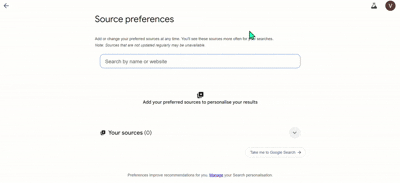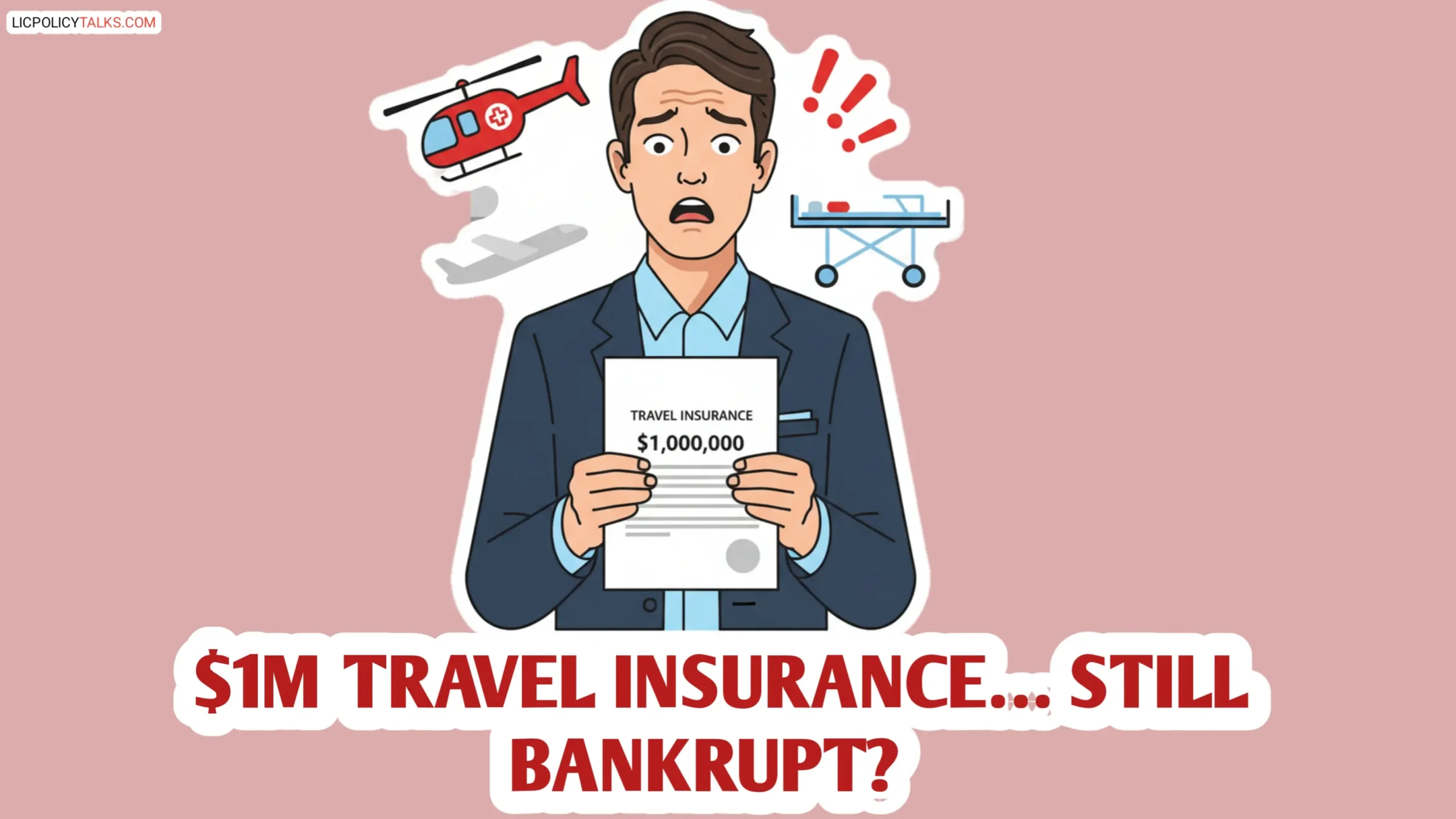
Hi friends! Moving to a new country in Asia Pacific is super exciting, but figuring out health insurance can feel overwhelming. In this guide, I’ll walk you through everything you need to know about APAC health insurance for expats in 2025. We’ll compare costs, coverage, and top providers across popular destinations like Hong Kong, Singapore, and the Philippines. Whether you’re relocating for work or adventure, having the right medical coverage is crucial for peace of mind. Let’s dive in and make sure you’re fully protected!
Navigating healthcare in a new region doesn’t have to be stressful. This guide breaks down essential aspects of expat health insurance Asia Pacific, helping you choose the best plan for your needs. You’ll learn about international health insurance APAC options, costs, and key benefits to look for. With rising medical expenses, securing proper coverage ensures you can access quality care without financial strain. Let’s explore how to safeguard your health while enjoying life abroad.
Why APAC Health Insurance is Essential for Expats
Healthcare Cost Variations
Healthcare expenses across Asia Pacific can vary dramatically, making expat health insurance Asia Pacific a must-have. In countries like Hong Kong, a simple doctor’s visit might cost $100-$200, while in Thailand, it could be as low as $30. Without insurance, a hospital stay for emergencies like appendicitis could set you back thousands. Recent data shows that medical costs in the region have risen by 8-10% annually, outpacing inflation. You know what? Investing in solid coverage saves you from unexpected bills that could derail your finances. Many expats underestimate these variations and end up paying out-of-pocket for treatments that insurance would cover. It’s not just about minor illnesses; serious conditions like heart disease or accidents require comprehensive plans. Honestly, skipping insurance is a risk you don’t want to take when living far from home.
Public vs Private Healthcare Access
As an expat, accessing public healthcare in APAC countries is often limited. In places like Singapore, public hospitals offer basic care, but wait times can be long, and services may not match what you’re used to. Private facilities provide faster, higher-quality treatment but come with hefty price tags. For instance, in the Philippines, public healthcare is primarily for citizens, forcing expats to rely on private options. Living In The Philippines, A Guide for Expats highlights that many foreigners opt for private insurance to avoid crowded public systems. This disparity means that without international health insurance APAC, you might face subpar care or excessive costs. Honestly, it’s better to have a plan that covers private hospitals for peace of mind.
Emergency Medical Evacuation Needs
Emergency medical evacuation is a critical component of expat medical coverage in remote APAC areas. If you’re in a rural part of Thailand or Indonesia and need specialized care, evacuation to a major city or your home country can cost over $50,000. Many standard insurance plans exclude this, so it’s essential to check for it in your policy. Having evacuation coverage ensures you get timely treatment without worrying about logistics or expenses. Expats often overlook this until an emergency strikes, but it’s a lifesaver in regions with uneven healthcare infrastructure. Make sure your plan includes this benefit to stay safe wherever you are.

Comparing Top APAC Countries for Expat Healthcare
Hong Kong Medical Advancements
Hong Kong boasts a world-class healthcare system with cutting-edge technology and highly trained professionals. ITIC APAC 2025 | Hong Kong’s healthcare landscape notes that the city’s medical infrastructure attracts expats for its efficiency and quality. However, public healthcare access for foreigners is restricted, and private care is expensive, with average hospital bills ranging from $5,000 to $20,000. This makes international health insurance APAC vital for affording top-tier services. Expats in Hong Kong often choose comprehensive plans to cover specialist visits and advanced treatments. The upcoming ITIC conference will highlight these advancements, reinforcing the need for robust insurance.
Philippines Healthcare Infrastructure
The Philippines offers affordable living but has a mixed healthcare system. Public hospitals are underfunded and crowded, while private facilities in cities like Manila provide excellent care at lower costs than many Western countries. Top 10 Asia Pacific Expat Destinations ranks the Philippines highly for its tropical lifestyle, but expats should secure insurance for private healthcare. Basic plans start around $1,500 annually, covering common illnesses and emergencies. Without coverage, you might struggle with limited public options or high out-of-pocket costs. Many expats find that mid-range policies offer the best value, balancing cost and coverage.
Singapore, Thailand, and Malaysia Comparisons
Singapore’s healthcare is renowned for efficiency, but expats have limited public access and face high private costs. Thailand offers excellent private hospitals at lower prices, making it a medical tourism hub, while Malaysia provides a balance with affordable quality. When comparing insurance plans Asia, consider each country’s healthcare strengths and weaknesses. In Singapore, comprehensive insurance is essential due to costly private care. Thailand’s plans are more budget-friendly, covering everything from check-ups to surgeries. Malaysia’s policies often include regional coverage, ideal for expats traveling frequently. Understanding these differences helps you pick the right plan for your location.
Health Insurance Plan Types for APAC Expats
International Health Insurance APAC
International plans offer broad coverage across multiple countries, perfect for expats who travel or may relocate again. These policies typically include hospitalization, outpatient care, and evacuation, with premiums ranging from $3,000 to $10,000 annually. They provide flexibility and peace of mind, especially if you’re unsure about your long-term stay. However, they can be pricier than local options. Many providers offer customizable plans, so you can tailor coverage to your needs. If you value portability and comprehensive protection, international insurance is worth the investment.

Local vs International Insurance Plans
Local insurance plans are specific to one country and often cheaper, with premiums as low as $1,000 per year. They’re great if you’re settling in one place long-term, but they may not cover you outside that country. International plans, while costlier, offer global coverage and are better for frequent travelers. You know what? Choosing between them depends on your mobility and budget. For expats in stable positions, local plans can save money, but if you’re adventurous, international ones prevent gaps in coverage. Always compare benefits like network hospitals and claim processes.
Comprehensive vs Basic Coverage
Comprehensive plans cover a wide range of services, including dental, vision, and chronic conditions, while basic plans focus on emergencies and hospitalization. Comprehensive policies cost more but offer better protection for ongoing health issues. For expats, comprehensive coverage is often smarter because it handles both unexpected and routine care. Basic plans might seem affordable initially, but they can leave you vulnerable to high costs for things like specialist consultations. Evaluate your health history and needs to decide. If you have pre-existing conditions, comprehensive is the way to go.
APAC Health Insurance Costs and Value Analysis
Expatriate Insurance Costs
In 2025, expatriate insurance costs in APAC vary widely based on location, age, and coverage level. On average, individual premiums range from $1,500 to $6,000 annually, with family plans costing $4,000 to $12,000. Hong Kong and Singapore are at the higher end, while Thailand and Malaysia are more affordable. Factors like deductibles and co-payments also impact overall expenses. For example, a higher deductible can lower premiums but increase out-of-pocket costs during claims. It’s crucial to balance cost with coverage to ensure value. Comparing multiple quotes helps find the best deal for your situation.
Insurance Providers Asia Pacific
When evaluating insurance providers Asia Pacific, look for companies with strong financial ratings and good customer service. International providers like Cigna and Bupa offer extensive networks, while regional ones like AIA focus on local markets. Choosing a reputable provider ensures reliable claims processing and support. Digital platforms are rising, offering easier management and lower costs. Check independent reviews and ratings to avoid providers with poor track records. A stable insurer reduces the risk of coverage issues down the line.
| Country | Average Annual Premium (Individual) | Average Annual Premium (Family) | Public Healthcare Access | Recommended Coverage Level |
|---|---|---|---|---|
| Hong Kong | $3,500-$6,000 | $8,000-$12,000 | Limited | Comprehensive |
| Singapore | $2,800-$5,000 | $6,500-$10,000 | Basic | Comprehensive |
| Thailand | $1,500-$3,000 | $4,000-$7,000 | Emergency Only | Mid-range |
Cost vs Coverage Value Analysis
Assessing cost versus coverage value involves looking beyond premiums to benefits like network size, claim limits, and exclusions. A cheaper plan might have high co-pays or exclude critical services, making it poor value. Always prioritize plans that offer comprehensive benefits within your budget. For instance, a mid-range plan in Thailand costing $2,500 annually could provide better value than a basic one if it includes preventive care. Use online tools to compare plans side-by-side and read the fine print. This approach ensures you get the most bang for your buck.
Top Insurance Providers in Asia Pacific Region
Best Health Insurance for Expats
When searching for the best health insurance for expats, consider providers like Cigna Global and Bupa Global, known for their extensive networks and comprehensive plans. These companies offer flexibility, covering everything from routine check-ups to major surgeries. Their plans are tailored to expat lifestyles, including features like worldwide coverage and multilingual support. Regional providers like AIA and Prudential are also popular for their local expertise and affordable options. Compare their benefits, such as direct billing with hospitals, to avoid upfront payments. Reading expat forums can provide real-life insights into their reliability.
International Provider Overview
International providers dominate the expat health insurance Asia Pacific market due to their global reach. Companies like Allianz Care and AXA offer plans that include medical evacuation and chronic condition management. They often have higher premiums but provide unmatched security for frequent travelers. These insurers have robust digital platforms for easy claims submission and policy management. However, they might not be the cheapest, so weigh the costs against the benefits. If you value consistency and broad coverage, they’re a solid choice.
Regional Specialist Insurers
Regional specialists focus on specific APAC markets, offering plans that are more attuned to local healthcare systems. For example, in Singapore, Great Eastern provides tailored policies with competitive pricing. These insurers understand regional nuances, like preferred hospital networks or common health risks. They can be more cost-effective than international giants, but coverage might be limited to the region. If you’re settling in one country, they offer great value. Always check their financial stability to ensure they can honor claims.
Key Benefits and Coverage Considerations
APAC Insurance Benefits
Essential APAC insurance benefits include hospitalization, outpatient care, and emergency services. Look for plans that cover specialist consultations, diagnostic tests, and prescription drugs. Having these basics ensures you’re protected for most medical scenarios. Additional benefits like dental, vision, and maternity care are worth considering if they fit your needs. In APAC, where healthcare quality varies, comprehensive benefits reduce stress. Review policy documents carefully to confirm what’s included and any sub-limits that might apply.
Comparing Insurance Plans Asia
When comparing insurance plans Asia, focus on coverage details, exclusions, and customer reviews. Use comparison tools to evaluate premiums, deductibles, and co-pays across providers. This helps identify plans that offer the best value for your specific situation. Pay attention to exclusions like pre-existing conditions or high-risk activities, which could leave you uncovered. Also, check the claim process efficiency—slow claims can be frustrating. Gathering multiple quotes and reading fine print saves you from surprises later.
Common Exclusions and Limitations
Common exclusions in expat medical coverage include pre-existing conditions, cosmetic procedures, and injuries from extreme sports. Limitations might involve annual claim caps or waiting periods for certain treatments. Understanding these exclusions prevents denied claims and financial shocks. Always disclose your medical history honestly to avoid policy voids. Some plans offer riders to cover excluded items for an extra cost. Reviewing these details upfront ensures you’re not caught off guard when you need care the most.
FAQs: health insurance comparison guide
Q: What is the average cost of health insurance for expats in APAC?
Q: Can expats use public healthcare in APAC countries?
Q: What are the most important coverage elements for APAC expats?
Q: How do I choose between local and international insurance?
Q: Are pre-existing conditions covered in APAC health insurance?
In summary, securing the right APAC health insurance for expats is essential for a safe and stress-free experience abroad. We’ve covered key aspects like cost comparisons, provider options, and coverage benefits to help you make an informed decision. Remember to assess your personal needs, compare plans thoroughly, and prioritize comprehensive coverage. As healthcare in APAC evolves, staying insured ensures you can enjoy your adventure without worries. Take action today by researching providers and getting quotes—your health is worth it!




 Recommended for You
Recommended for You












